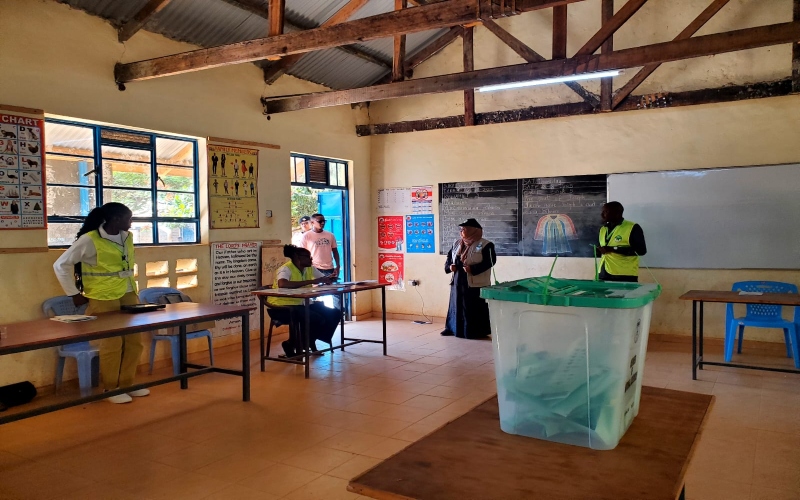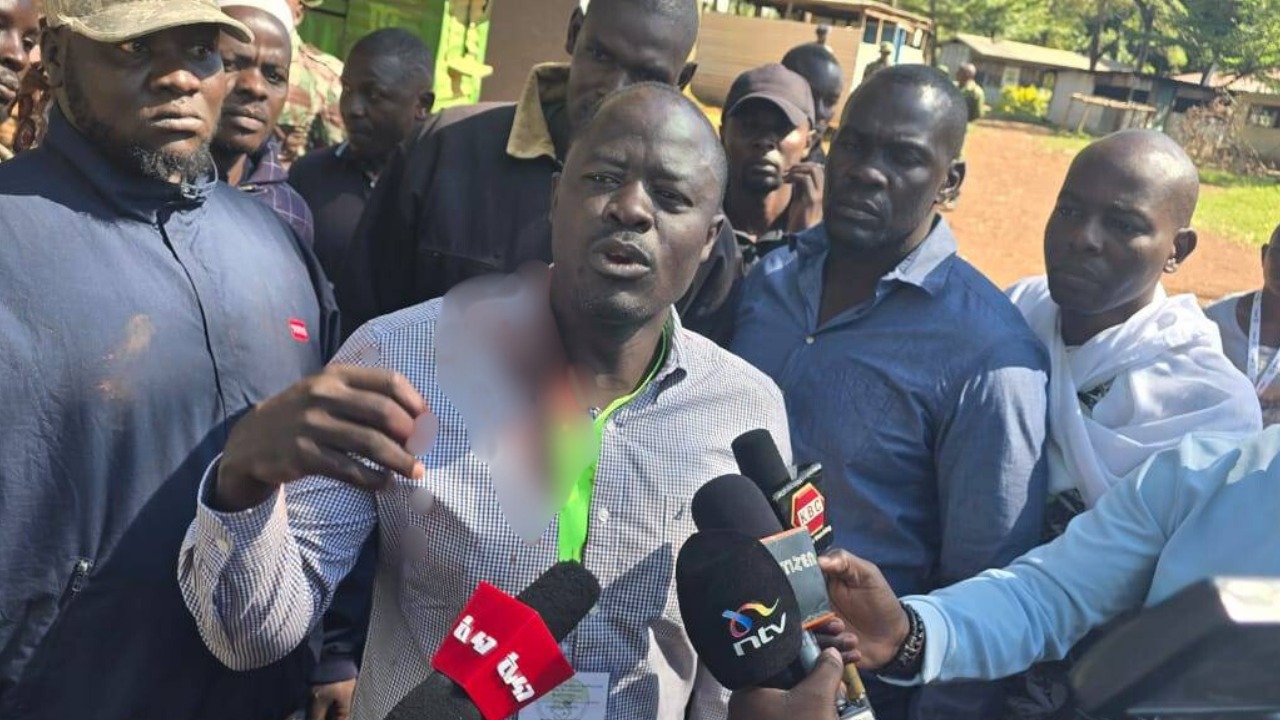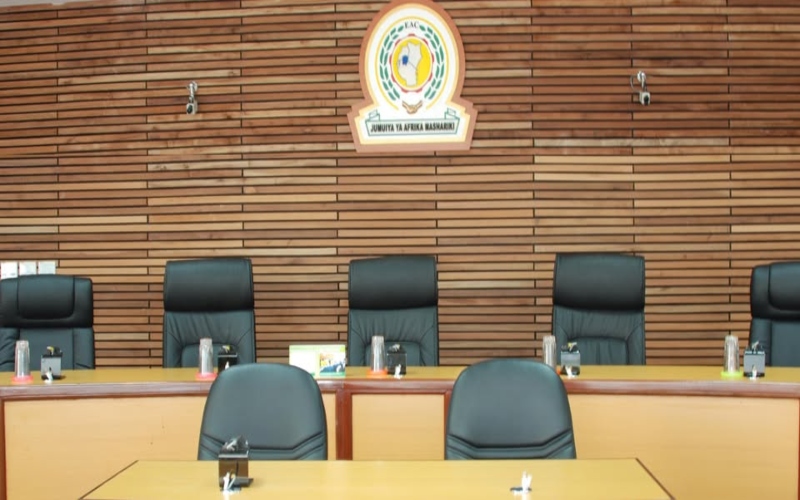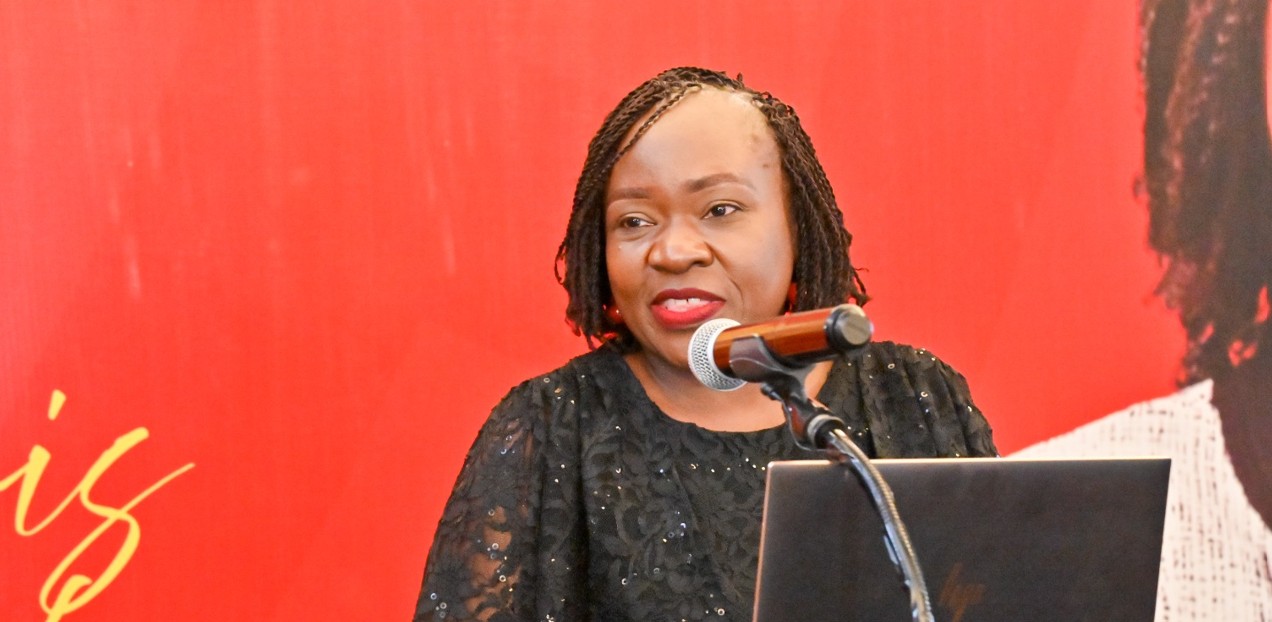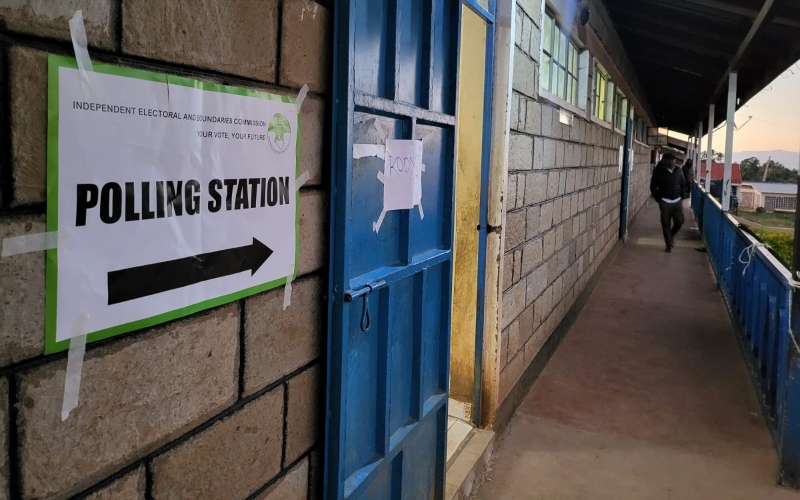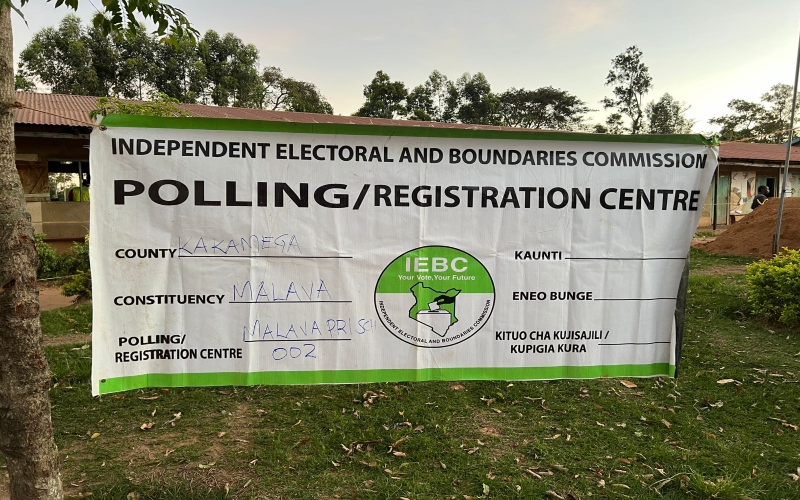Digital boda boda riders call for new legislation to regulate sector
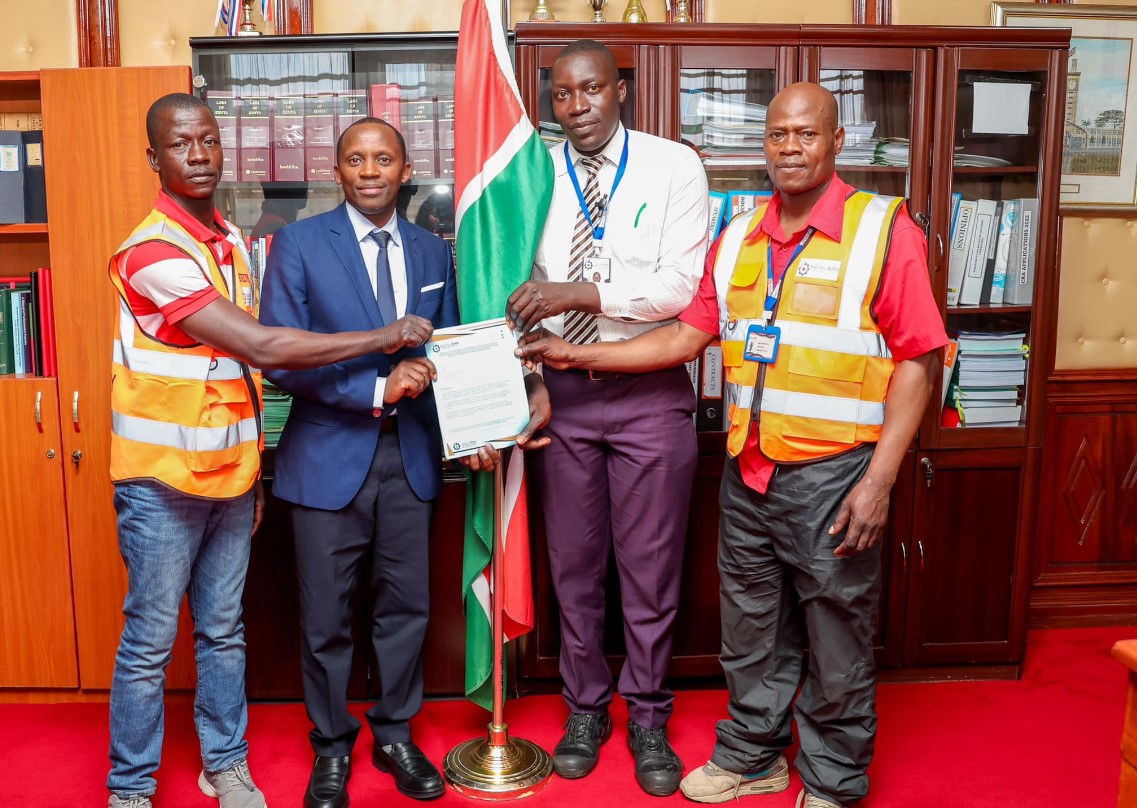
They are asking for fair pricing, equitable commissions, and fair contract terms.
The Digital Boda Drivers and Deliveries Association of Kenya has petitioned the National Assembly to create new legislation aimed at regulating the sector and protecting riders from exploitation.
In their petition, the association highlighted several challenges facing their members, including unfair working conditions, a lack of legal protections, and oppressive practices by transport network companies (TNCs).
More To Read
- NTSA under fire for negligence, lax enforcement after deadly road crashes
- Boda boda riders to wear county-specific uniforms, carry unique IDs under new reforms to curb lawlessness
- Kenya among countries where motorcycle helmets fail safety tests, new report finds
- Boda Boda Association disowns riders over recent cases of arson, violence as Murkomen vows crackdown
- New Bill seeks to give NTSA oversight of road, rail, air and maritime crashes
- NTSA rolls out new system for compulsory vehicle records update
The petition was delivered on Thursday evening to National Assembly Clerk Samuel Njoroge by the association's members led by their chairman Calvince Okumu.
They are calling for a review of the National Transport and Safety Authority (NTSA) regulations to include motorcycles and to ensure they get the same protections as other modes of transport.
The association is also seeking amendments to the Public Transport (Motorcycle Regulation) Bill, 2023 (Senate Bill No. 38) to provide specific protections and support for digital riders.
"Currently, there is no substantive law governing digital riders. The TNC regulations in Kenya exclude motorcyclists from essential protections, and the Boda-Boda Regulations of 2015 do not address the digital component of the sector," Okumu stated.
"This legal vacuum leaves digital riders vulnerable to exploitation and abuse. Whereas there is a Bill [The Public Transport (Motorcycle Regulation) Bill, 2023, Senate Bill No. 38] which is currently before the Senate, the Bill is wholly devoid of any provisions touching on recognition or protection of digital rider services," he added.
The association's petition also calls for legislation to officially recognise digital riders as a distinct sector within the transport industry and to introduce regulatory measures to ensure fair treatment by transport network companies.
They are asking for fair pricing, equitable commissions, and fair contract terms. Moreover, they seek a legal framework to protect riders' data and their rights as workers in the gig economy.
Njoroge acknowledged receipt of the petition and assured the association that their concerns would be reviewed by the National Assembly.
He emphasised that the association has the right to petition Parliament under Article 119 of the Constitution which states that "every person has a right to petition Parliament to consider any matter within its authority, including to enact, amend or repeal any legislation".
According to the National Assembly’s Standing Orders, a petition can be submitted to the clerk by the petitioner or presented by a member with the Speaker's consent.
The clerk will review the petition within seven days to ensure it meets the requirements. If the petition complies, it is forwarded to the Speaker for tabling in the House.
If not, the clerk will guide the petitioner on necessary amendments to meet the requirements.
Top Stories Today
